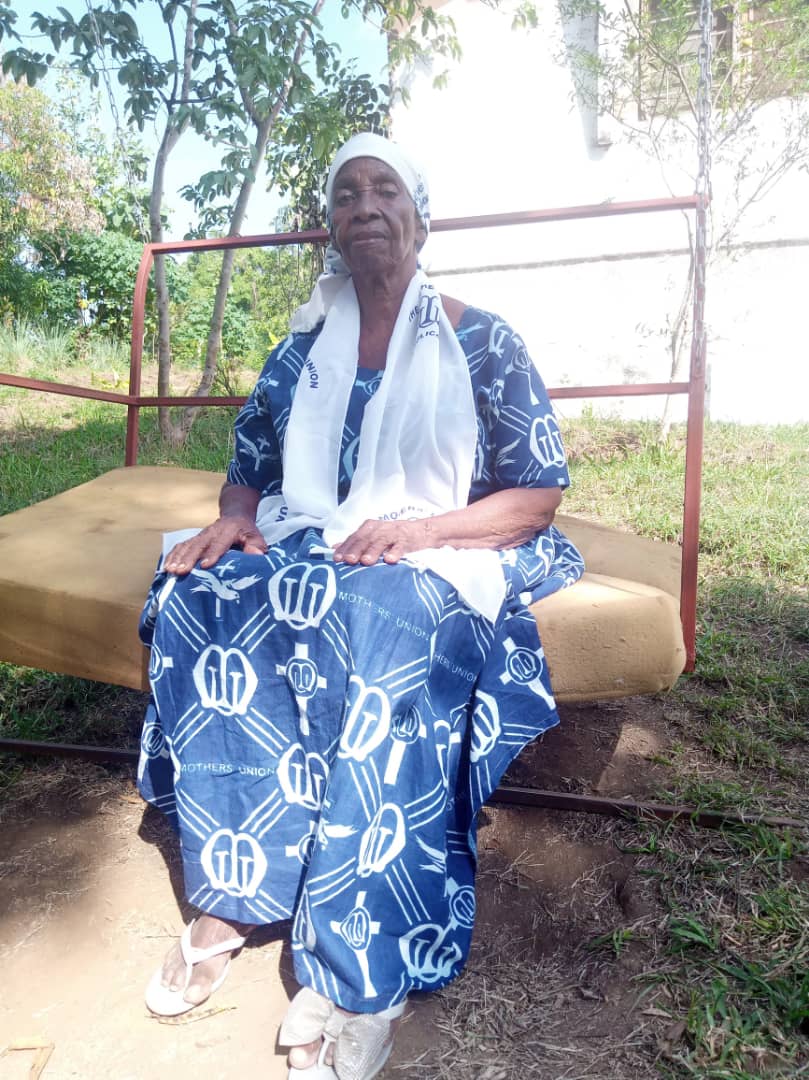Mwanafunzi wa shule ya kikoloni, mwalimu baada ya uhuru wa Tanzania: simulizi ya mwanamke aliyewaelimisha wengi
Hojaji na Theresia M. (with an introduction in English)
DOI :
https://doi.org/10.51185/journals/rhca.2023.entretien07Mots-clés :
East Africa, Tanganyika, women, education, life story, British colonialism, postcolonialRésumé
Born in 1941 in the British colony of Tanganyika, Theresia M. was one of the few hundred girls who were trained as teachers at the end of the colonial period. She began teaching in 1960, a year before independence, and belongs to the first generation of Tanzanian women who had full careers as qualified employees while marrying and having children. Her account, which focuses on educational issues, recounts the experiences of a woman whose background is that of a minority who played a major role in passing on knowledge after independence, when education for all became a political imperative. The interview sheds light on the family and educational contexts that enabled Theresia M. to build her path and highlights her social contribution to independent Tanzania through her commitment to adult education, in public programmes as well as with the Anglican Church.
Références
Alexander Kristine (2017), Guiding Modern Girls: Girlhood, Empire, and Internationalism in the 1920s and 1930s, Vancouver, UBCPress.
Barthélémy Pascale (2010), Africaines et diplômées à l’époque coloniale, 1918-1957, Rennes, Presses universitaires de Rennes.
Buchert Lene (1994), Education in the Development of Tanzania: 1919-1990, London, James Currey.
Cameron John and Dodd William (1970), Society, Schools and Progress in Tanzania, Oxford, Pergamon Press.
De Jong Ferdinand, Quinn Brian and Bach Jean-Nicolas (2014) “Ruines d’utopies: l’École William Ponty et l’Université du Futur africain”, Politique africaine, 135, pp. 71‑94.
Epprecht Marc (2000), “This Matter of Women is Getting Very Bad”: Gender, Development and Politics in Colonial Lesotho, Pietermaritzburg, University of Natal Press.
Geiger Susan (1982), “Umoja wa Wanawake wa Tanzania and the Needs of the Rural Poor”, African Studies Review, 25(2-3), pp. 45‑65.
Guidi Pierre (2019), “‘Éduquer nos soeurs opprimées’: urbaines diplômées et paysannes dans la révolution éthiopienne (1974-1991)”, Critique internationale, 85(4), pp. 165‑184.
Kassam Yusuf O. (1979), Illiterate no More: the Voices of New Literates from Tanzania, Dar es Salaam, Tanzania Publishing House.
Kassam Yusuf O. (1982), Sauti ya Wanakisomo, Dar es Salaam, Tanzania Publishing House.
Kelly Gail P. (1986), “Learning to Be Marginal: Schooling in Interwar French West Africa”, Journal of Asian and African Studies, 21(3-4), pp. 171-184.
Lachenal Guillaume and Mbodj-Pouye Aïssatou (2014), “Restes du développement et traces de la modernité en Afrique», Politique africaine (135), pp. 5‑21.
Lal Priya (2010), “Militants, Mothers, and the National Family: “Ujamaa”, Gender, and Rural Development in Postcolonial Tanzania”, The Journal of African History, 51(1), pp. 1‑20.
Ngaiza Magdalene K. and Koda Bertha (ed.) (1991), Unsung Heroines: Women’s Life Histories from Tanzania, Dar es Salaam, WRDP Publications.
Nicolas Claire (2024), Une si longue course: sport, genre et citoyenneté au Ghana et en Côte d’ivoire (années 1900-1970), Rennes, Presses universitaires de Rennes, under print.
Pels Peter (1999), A Politics of Presence: Contacts Between Missionaries and Waluguru in Late Colonial Tanganyika, Amsterdam, Harwood Adademic Publishers.
Prichard Andreana (2017), Sisters in Spirit: Christianity, Affect, and Community Building in East Africa, 1860-1970, East Lansing, Michigan State University Press.
Ranchod-Nilsson Sita (1992), “‘Educating Eve’: The Women’s Club Movement and Political Consciousness among Rural African Women in Southern Rhodesia, 1950-1980”, in K. T. Hansen (ed.), African Encounters with Domesticity, New Brunswick, Rutgers University Press, pp. 195‑217.
Wenzek Florence (2022), La fabrique genrée de la nation tanzanienne. Éduquer et former les filles et les femmes (1939-1976), PhD dissertation, Université Paris Cité, Paris.
Wenzek Florence (2023), “L’entretien comme tâtonnement et comme rencontre: la chambre noire d’une historienne”, Sources (7), under print.
Westerlund David (1980), Ujamaa na Dini: a Study of Some Aspects of Society and Religion in Tanzania 1961-1977, Stockholm, Almqvist och Wiksell.
Willis Justin (1993), “The Nature of a Mission Community: The Universities’ Mission to Central Africa in Bonde”, Past & Present (140), pp. 127‑154.

Téléchargements
Publiée
Comment citer
Licence
Certains droits réservés 2021 Florence Wenzek

Ce travail est disponible sous licence Creative Commons Attribution - Pas d’Utilisation Commerciale 4.0 International.




